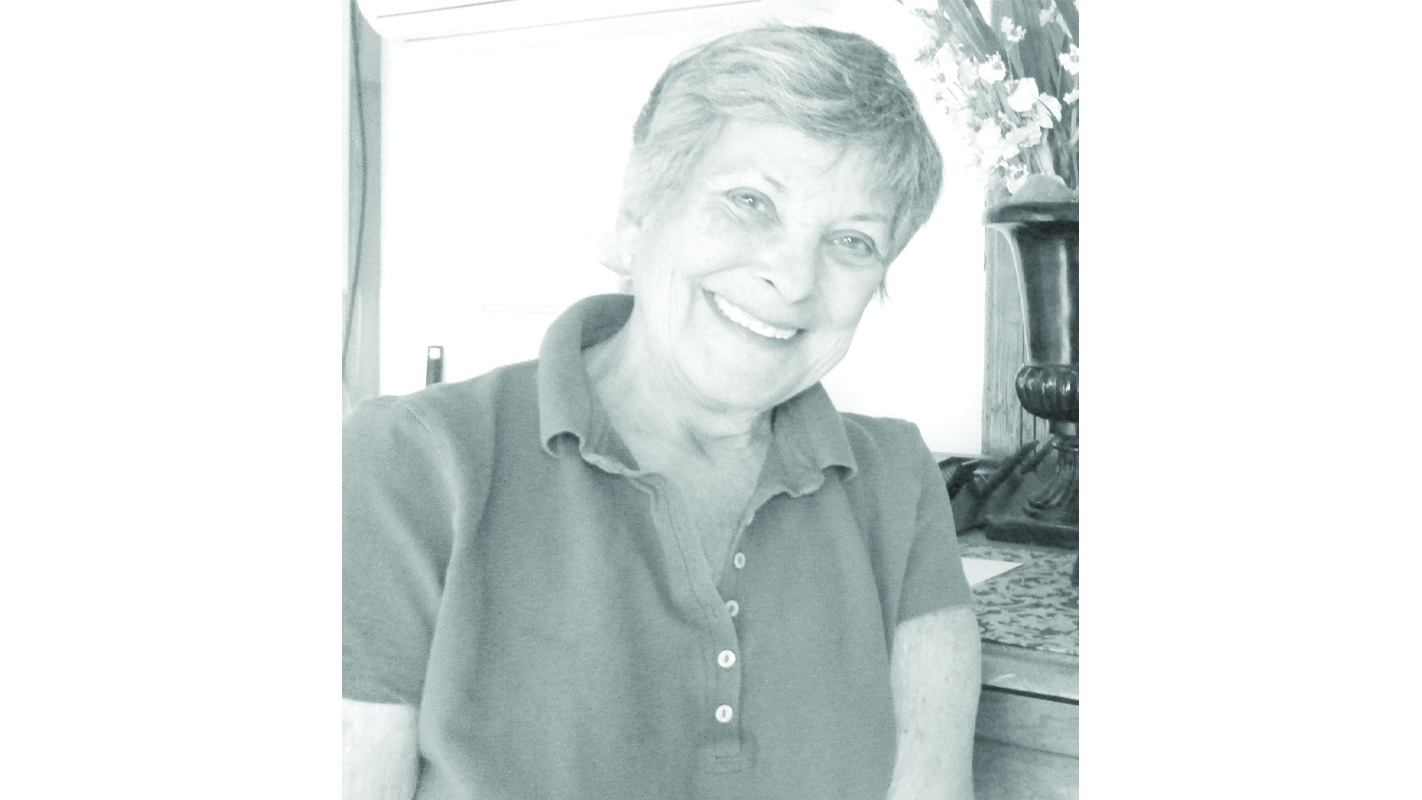At this time of year I wish I lived in Blanc Sablon, so I wouldn’t have to put my clocks back to Local Standard Time. It’s hard enough knowing we have to endure six months of fewer daylight hours without having go about the house in a ritual of “falling back”. Maybe it’s Covid stress that makes this seem more onerous this year.
One thing for sure is more onerous: how to protect and grow the money you’ve saved for longer term use like a vacation, down payment for a house or retirement.
If you’re a saver with no tolerance for risk, likely you’ve been buying bonds or Guaranteed Investment Certificates (GICs). If you’re a conservative investor and have followed conventional rules, likely you’ve been operating on a 50-50 or 40-60 split for your savings: 40 to 50 per cent in fixed income like bonds and 50-60 per cent in equity like stocks of publicly traded companies. The idea behind this is that in normal times you’d be getting 3 or 4 per cent on the bonds which were more or less risk free, and the rest of your money would grow as the companies in which you were invested grew. If you save and invest with a bank or other financial institution, you may have been investing in “balanced” mutual funds — that is, balanced between bonds and stocks.
Today, none of these strategies is a winning one. As long as the government keeps printing money to support the people whose jobs have disappeared because of the pandemic, interest rates will stay very low – today, the average yield on a 5-year government bond is 0.37 per cent, on a 10-year bond it’s 0.64 per cent and on a long bond – that is over 10 years, it’s 1.06 per cent. With an inflation rate hovering around 1 per cent, everything you make on the bond side of your savings is eaten up by inflation. If you’re in mutual funds, you are paying the mutual fund managers as much as 2 per cent, so you’re actually losing money on this part of your portfolio.
There’s more to worry about. Say you’re prepared to accept this situation for a couple of years, until the pandemic has a solution and interest rates get back to near normal, meaning they get back to 2 or 3 per cent. Since the face value of bonds moves inversely to the interest rate, the face value of a 1 per cent bond will fall as interest rates rise to 2 per cent or more – the worst possible double whammy.
What to do? The first thing is to make sure you understand exactly what your savings are invested in. If you’re in this situation, grit your teeth and figure out how much you’re actually gaining each year and how much you need to be growing to reach your goal. If you’re already retired, and you do your own investing, don’t over-reach for income by buying the highest dividend stock you can find – look for the best companies whose products are likely to be in demand, that pay a reasonable dividend that grows along with the company itself.
If your savings are safe and you’re reading this and thinking about your kids, even though they may roll their eyes, try to warn them to be careful about trading with the latest batch of online trading platforms such as Robinhood. This investing app charges no commission on trades, has 13 million customers, at least half of them first-time investors, and 80 per cent of Robinhood’s assets under management belong to millennials. There’s also no one to call when the app goes down which is often — according to Downdetector, Robinhood has experienced outages every month so far in 2020. And the company is currently facing lawsuits due to outages in March. Try to impress on your kids that stock trading is not like playing poker, and that trading with a company that congratulates you with a confetti animation on your phone when you trade is not necessarily the way to growing your long-term assets.
Dian Cohen is an economist and a founding organizer of the Massawippi Valley Health Centre.
Cohendian560@gmail.com
Are your savings safe?
By Dian Cohen





